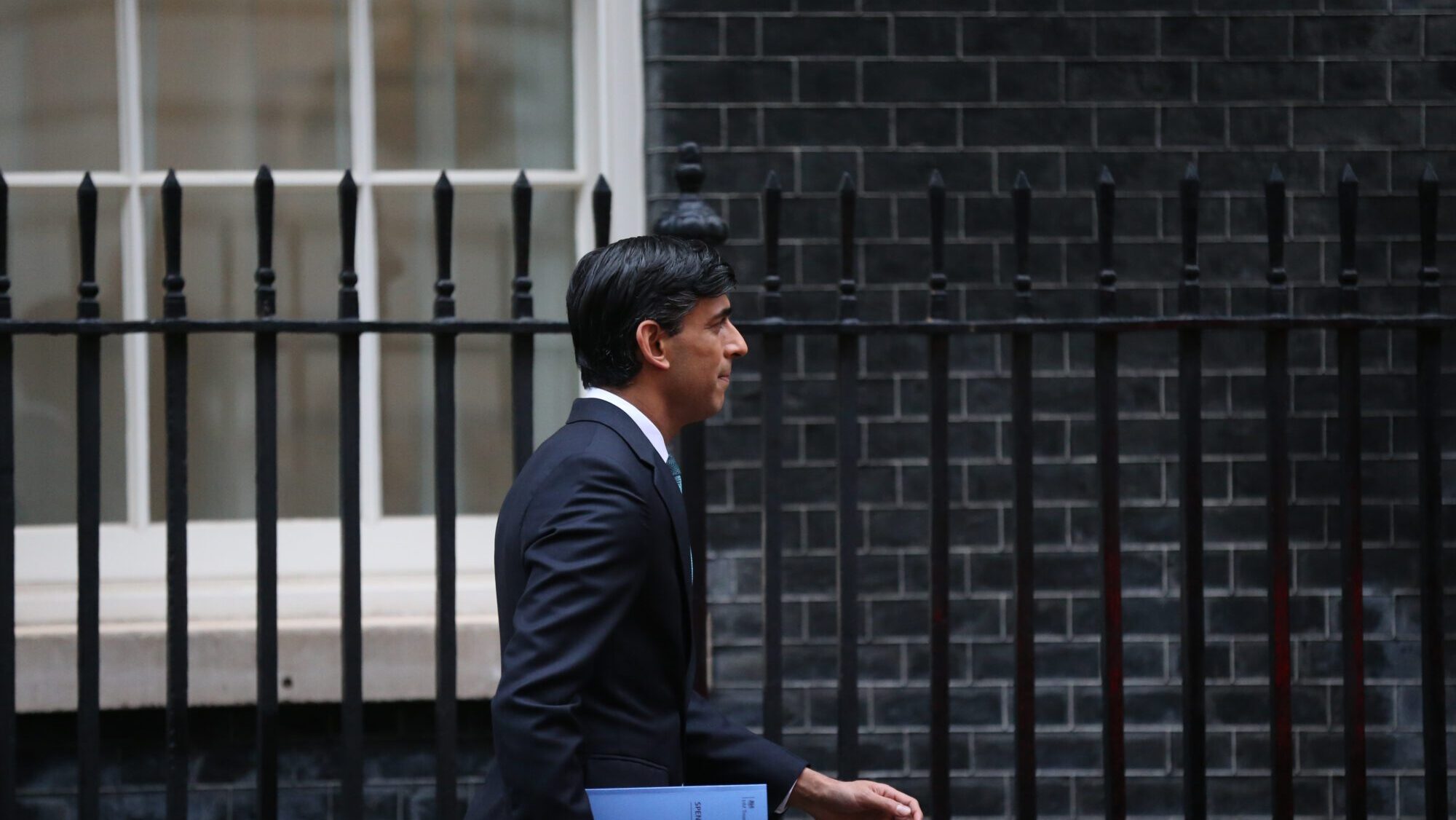
Rishi Sunak
Photo: I T S / Shutterstock.com
A furious Rishi Sunak tried to limit the reach of an explosive speech by the head of the British Army who warned that the forces have become so weak that civilians must be “mobilised” in the event of a war.
General Sir Patrick Sanders said that decades of decline meant it was now “essential” to take “preparatory steps to enable placing our societies on a war footing.” He added that a form of “national mobilisation” was required to ready “citizen armies” for the likes of Russia.
If current trends continue, the British Army will have fewer than 70,000 soldiers within two years. That would constitute a drop of 40% since when the Tories took office in 2010, as detailed here.
The prime minister’s official spokesman dismissed these comments, declaring: “I think these kinds of hypothetical scenarios, talking about a conflict, are not helpful and I don’t think it’s right to engage with them.”
Defence sources disagree, with one senior figure telling The Daily Telegraph that efforts to address shrinking numbers are “a daily topic of conversation across the entire Army.” A government source also said that “a wider conversation” on Britain’s ability to defend itself is long overdue among cabinet ministers.
But it appears as though Sunak would rather the conversation did not take place at all. The papers say he did not want the Army chief’s comments to be made public. The Times reports that Sanders has “infuriated the prime minister in the past by speaking his mind,” adding:
Number 10 has repeatedly blocked military chiefs from speaking to the media and insiders have blamed Rishi Sunak for being paranoid about messaging before the general election.
Sanders was ‘allowed’ to speak on this occasion, but it is understood that several media outlets were refused access to the speech and that Sunak’s top team tried to prevent journalists from getting an advance copy of the transcript.
Having failed to keep these comments under wraps, the prime minister’s office then deflected Sanders’s major criticisms, insisting that conscription—which the chief did not call for—will not be introduced.
The Ministry of Defence has also “distanced itself” from the speech, according to The Guardian, though many of the figures it claims to represent insist that a difficult discussion on defence must be held, and soon.
